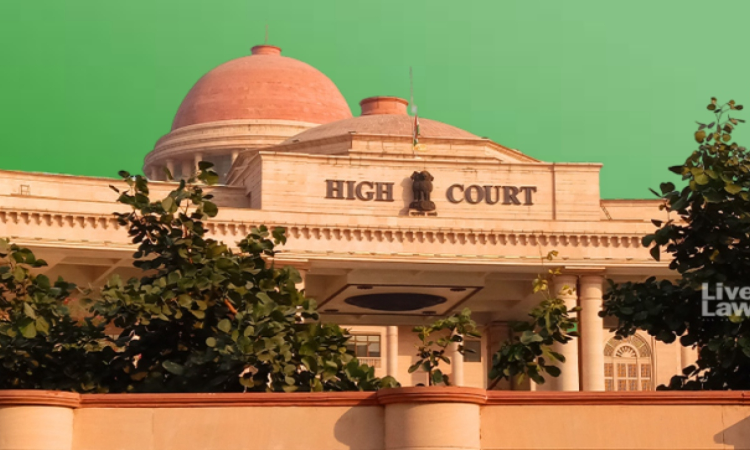S.16 GST | Authorities Not Estopped From Taking Action Against Wrongful Claim Of ITC Based On Non-Existent Firms: Allahabad High Court
Upasna Agrawal
18 May 2024 2:30 PM IST

Next Story
18 May 2024 2:30 PM IST
The Allahabad High Court has held that the authorities are not estopped from taking action against wrongful claim of input tax credit merely because the firms with which transactions were alleged to have been done were registered at the time of the alleged transactions.Observing that fraud vitiates even the most solemn proceedings, Justice Subhash Vidyarthi, held that “mere fact that...
